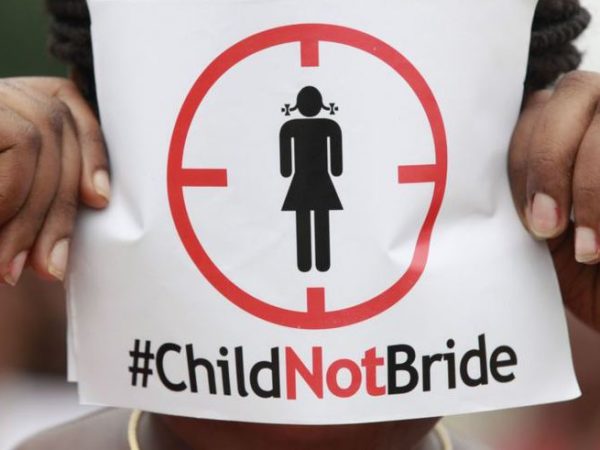
Child marriage rife in Gushegu District
A baseline survey conducted in the Gushegu District in the Northern Region has shown that 8.32 per cent of children between the ages of 12 and 18 were married before they turned 18.
Advertisement
That, according to World Vision Ghana (WVG), the non-governmental organisation (NGO) that conducted the survey, exceeded that the national average of 8.2 per cent, with a countless number of getting pregnant at tender ages, posing a lot of health risks or even death to the young girls.
The NGO expressed worry about the high rate of early marriages, leading to school dropouts and jeopardising the future of young girls in rural areas in the Northern Region.
The event
This came to light at the launch of the maiden Kids Club Festival in the Gushegu District in the Northern Region.
The event, which brought together all kids clubs across the district, was on the theme: “Creating a knowledge-sharing platform for child-led advocacy.”
A drama to campaign against child marriage was also performed to educate parents on the need to send their daughters to school for a better future.
Worrying situation
At the launch, the District Chief Executive (DCE) for Gushegu, Mr Musah Issah, said recent studies by the Multiple Indicator Cluster Survey (MICS) of the Ghana Statistical Service (GSS) indicated that the Gushegu and Tatale-Sangule districts recorded a rise in the cases of forced marriages.
“This is very inimical to the development of the girl-child and violates their fundamental human rights,” he stated.
The DCE called for urgent action across all sectors, particularly from the traditional authorities and law enforcement agencies, to help combat the infringement of the rights of the young girls in the societies.
The initiative, he said, would also shape and guard the children against all forms of abuse and other social vices.
Parents/government
Mr Issah encouraged parents to send their children to school to enable them to have a better future that would reduce the high indiscipline in society.
He reiterated the commitment of the district and the government to educate the communities on the effects of bad practices and called for the expansion of more social interventions to empower the communities economically.
He also commended the WVG for its initiative programmes in water, sanitation and hygiene and the empowerment of children in schools to address household food security and resilience in the districts.
Kids club
The Cluster Manager at WVG, Mr Felix Apeti, stressed that children had for the past years been sidelined in the expression of their views on issues affecting them, while adults continued to make the wrong decisions for them.
“The initiative will help improve child protection and active participation to ensure a better future for the younger generation and also engage certain key stakeholders in the districts on issues affecting children in their areas,” he added.
While tackling marriage issues, 13 communities within the Gushegu and Karaga districts in the Northern Region have also been declared Open Defecation Free (ODF) by WVG to improve the survival and health of children in the focus project area through improved sanitation practices.



